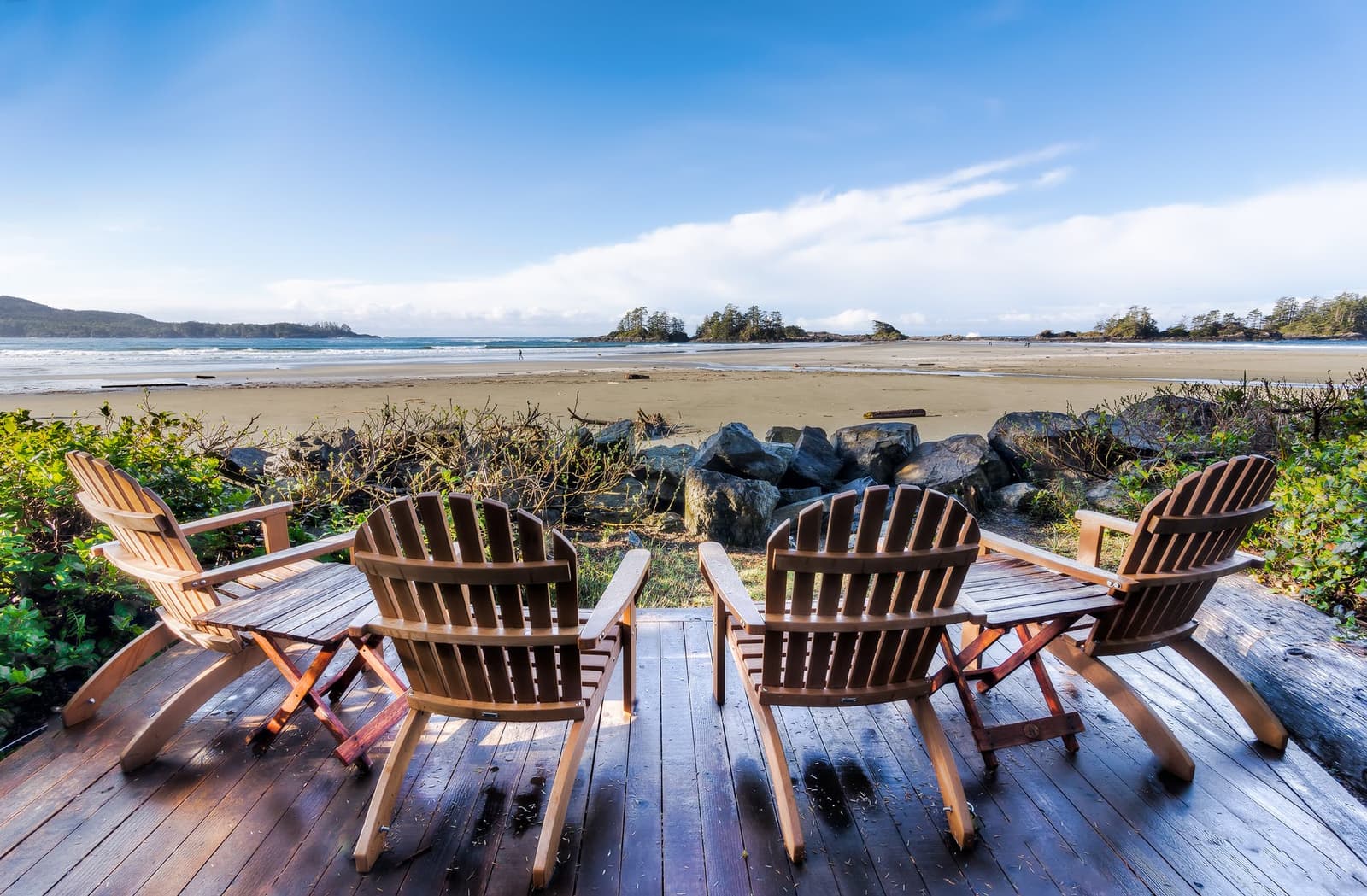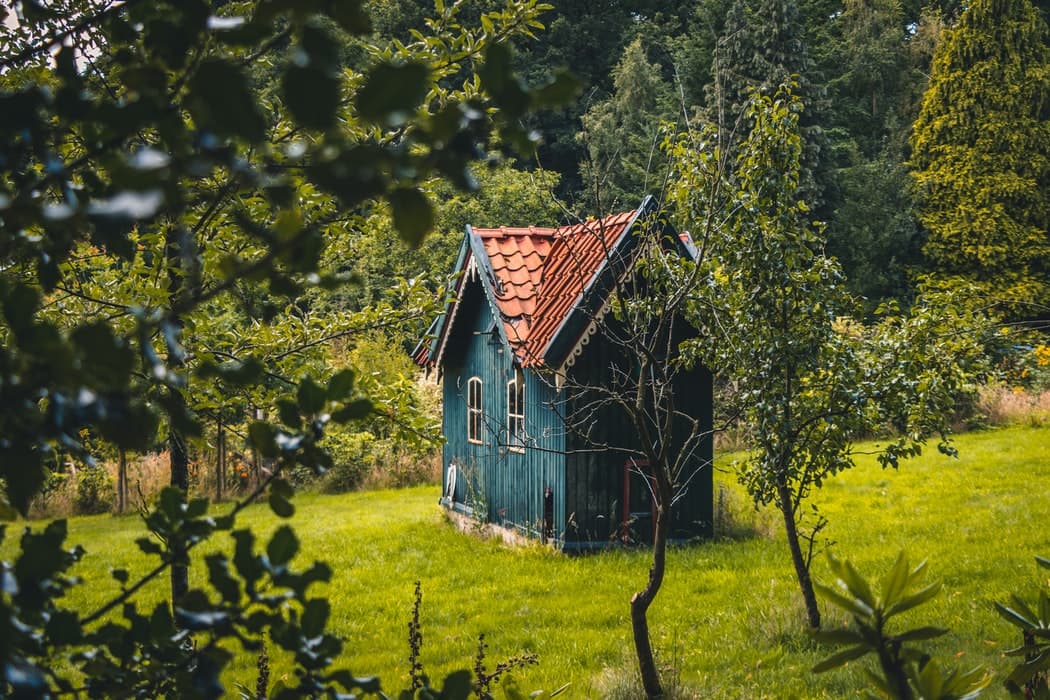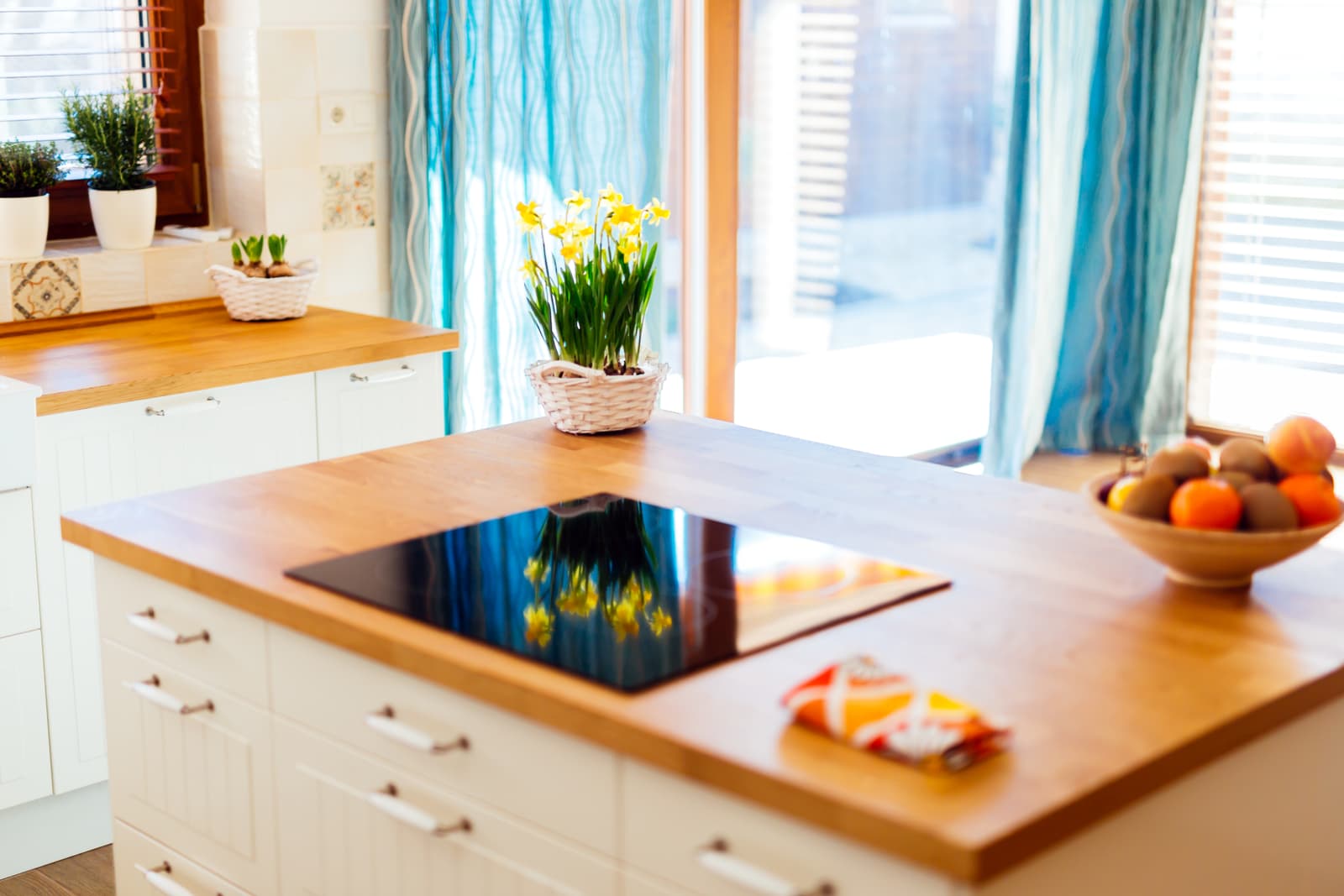What factors influence the energy efficiency of a heat pump
By Amanda Harvey
Updated on September 25, 2024

The purchase of a heat pump is often done with the aim of saving energy and watching heating and air conditioning bills plummet.
However, several factors interfere with the achieved degree of savings, including your regional climate, the performance of the additional heating system as well as the power of the heat pump. All these points should be analyzed before embarking on a heat pump purchase project.
On average, a heat pump can save 20% in heating costs. However, such savings include using this device properly, with the required maintenance and protection.
Factors influencing the energy saving of a heat pump

Photo: Pixabay
Cold: enemy of heat pump energy performance
As you know, a heat pump doesn’t produce heat, its operation consists of extracting heat from the outside air and transporting it inside the house. Therefore, it’s the temperature of the outside air that determines the heat pump's ability to draw heat into the house. For this reason, a heat pump cannot stand on its own during very cold weather. It must be combined with another heating system (electric baseboards, oil or gas).
Thus, it’s impossible to rely solely on the heat pump to ensure sufficient and constant heating when the temperature drops below -15 degrees Celsius. In other words, energy efficiency is only possible if the temperature doesn’t drop below this level.
Energy-saving: a question of performance
Aside from what was mentioned above, several factors tend to put the energy savings generated by the purchase of a heat pump into perspective. Therefore, it must be highlighted that the performance of the heating system, as well as that of the heat pump, will greatly influence your energy bills. In this regard, the seasonal heating coefficient of performance (CPSC) is a key factor to include in the analysis.
While the Seasonal Energy Efficiency Rate (SEER) is important in countering the intense heat of summer (a measure of the efficiency of an air conditioning system), our climate should push us to pay more attention to CPSC.
In order for the device to be the source of energy savings, it’s also necessary to carefully select the right size. As pointed out by Natural Resources Canada, "an air-source heat pump should be sized to provide no more than 125% of the cooling load". The validity of this claim depends on the fact that a heat pump whose size is selected because of its heating capacity would be too powerful compared to the cooling needs. As a result, it’ll be used intermittently during summer and its performance will then be affected.

Photo: Wikimedia Commons
If you want to enjoy Energy Star performance, choose a heat pump with a seasonal rate of return of at least 12 for a monobloc type unit or 13 for a split type unit. To be Energy Star certified, a CPSC rating of 8 is required for the monoblock appliance and a CPSC rating of 8.2 is required for the split appliance.
It’s also strongly recommended to install a furnace filter to maximize its efficiency and to avoid affecting the energy efficiency of your new heat pump. Finally, the price of heating and electricity will be additional factors to consider.
Insulation: a prerequisite for installing a heat pump
On another note, we shouldn’t overlook the need to properly assess the insulation quality in your home. Even a very efficient heat pump won’t be able to counter the harmful effects resulting from poor insulation.
Keep in mind that some seemingly unimportant details can also affect energy saving. Among these, let us first mention defrost activation. If it’s activated by a timer, the system will run even in the absence of frost, resulting in completely unnecessary energy consumption. Therefore, it’s preferable to opt for a system that operates on-demand.
Surprisingly and relevant to know, the location of the heat pump will have a significant influence on its performance. In fact, a heat pump that’s exposed to the sun can increase its efficiency by about 30%, which is a significant percentage.

Photo: Deposit Photo
Maintain your heat pump for optimal efficiency
With regular maintenance, the life of a heat pump can reach 10 to 15 years. To make this investment profitable, it should be properly maintained to maximize its lifespan. During the summer and winter, your heat pump must be clear to promote air circulation; no obstacle should obstruct air circulation.
To protect the heat pump against ice and snow that can fall from your roof, it’s better to install a cover designed by the manufacturer, rather than embarking on the construction of a shelter that won’t necessarily be suitable or fitting for the device’s operation. However, if ice has formed around the heat pump, absolutely avoid breaking it with various objects. Instead, go about it the gentle way by melting the ice with hot water because this type of device is quite fragile.

Photo: Pixabay
A good idea would be to inspect the heat pump before each start of the winter period by following the following steps:
For your safety, turn off the power to the heat pump;
Once a year, clean the outdoor coil with a garden hose. For cleaning on a more regular basis, use a brush or vacuum;
Clean or replace the filters to get rid of any dust that clogs them. Be aware that prolonged obstruction can damage the compressor and make the unit noisier;
Once a year, clean the fan;
The airlines should be inspected and cleaned as necessary because certain objects such as small debris or branches can obstruct them;
Finally, check that nothing is blocking the ventilation caps.
A proper installation to maximize energy savings
The installation of an improperly completed heat pump can greatly affect its performance, so the same care must be taken in choosing the person to install the heat pump. To make a wise choice in this matter, make sure that the installer is a member of the Corporation des maîtres mécaniciens en tuyauterie du Québec or that they hold a license 15.9 or 15.10 from the Régie du bâtiment du Québec.
Get 3 renovation quotes for your heat pump project
RenoQuotes.com can help you get quotes for your heat pump project. If you submit your project to us, we’ll put you in contact with top-rated contractors. Fill in the form on the homepage (it only takes a few minutes), and you will get estimates from trusted professionals.
Dial 1-844 828-1588 to speak with one of our customer service representatives
Looking for something else?
Related articles
The latest industry news, interviews, technologies, and resources.

Editorial Team
•19 Jun 2024
Acrylic parging—an aesthetic and durable solution—is the number one choice of exterior coating. It can be layered atop various materials, from concrete to brick, with stone in between, and makes for a robust, waterproofing solution for foundations. On account of its ability to withstand weather variations, it doesn’t crack easily, further safeguarding the integrity of buildings. Discover the benefits of such an exceptional exterior coating, as well as its application method.

Léa Plourde-Archer
•08 Nov 2023
If you’re looking to spend more time in the great outdoors this season, adding a deck to your backyard is a great way to give you, your loved ones and your family a further incentive to do so. Between talking, reading, eating, drinking and enjoying quality time together, there isn’t a better way than by building a beautiful deck outside your home.

Editorial Team
•08 Nov 2023
Are you dreaming of living in a tiny house, but have a few reservations due to the constraints of designing such a limited interior space? Although you really need to use your imagination when living in a house when a modest layout, you can still make it just as practical as it is cozy! Here are a few examples you’ll surely like!

Editorial Team
•08 Nov 2023
Summer might be over, but that doesn’t mean all dreams of being whisked away seaside have to fade. What if we told you that travelling to a coastal haven with sandy beaches was a possibility without having to leave your cozy pad?

Editorial Team
•25 Jul 2025
Stone kitchen countertops are certainly popular, but there are other alternatives to this type of material. If you're looking for the perfect match for your kitchen counter, it's understandable that you feel confused about all the options offered to you.